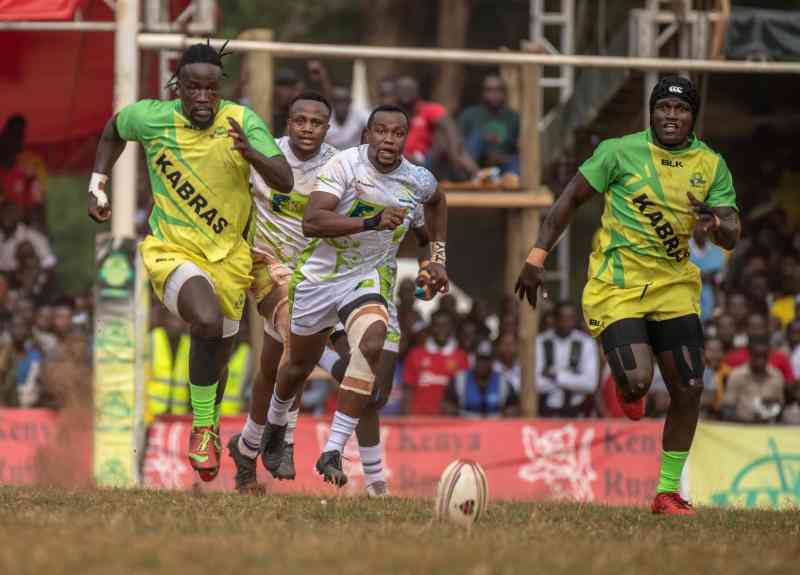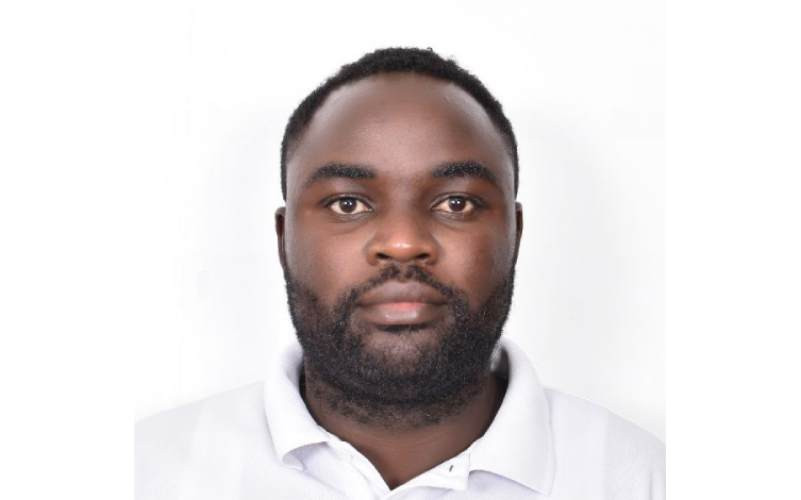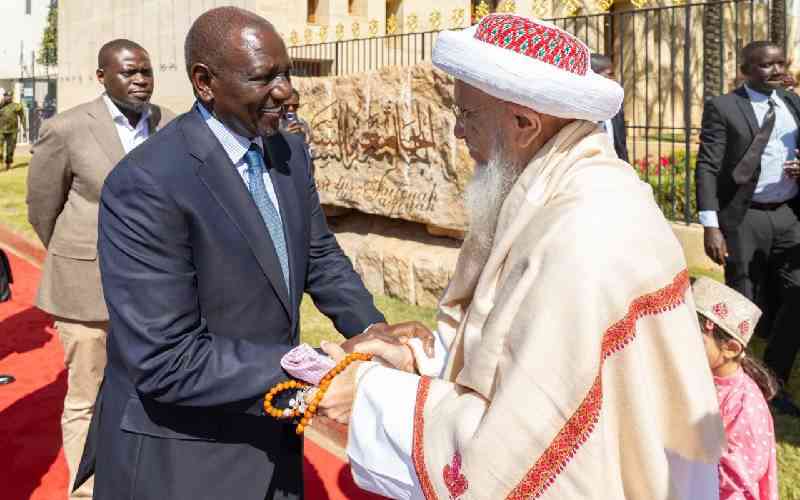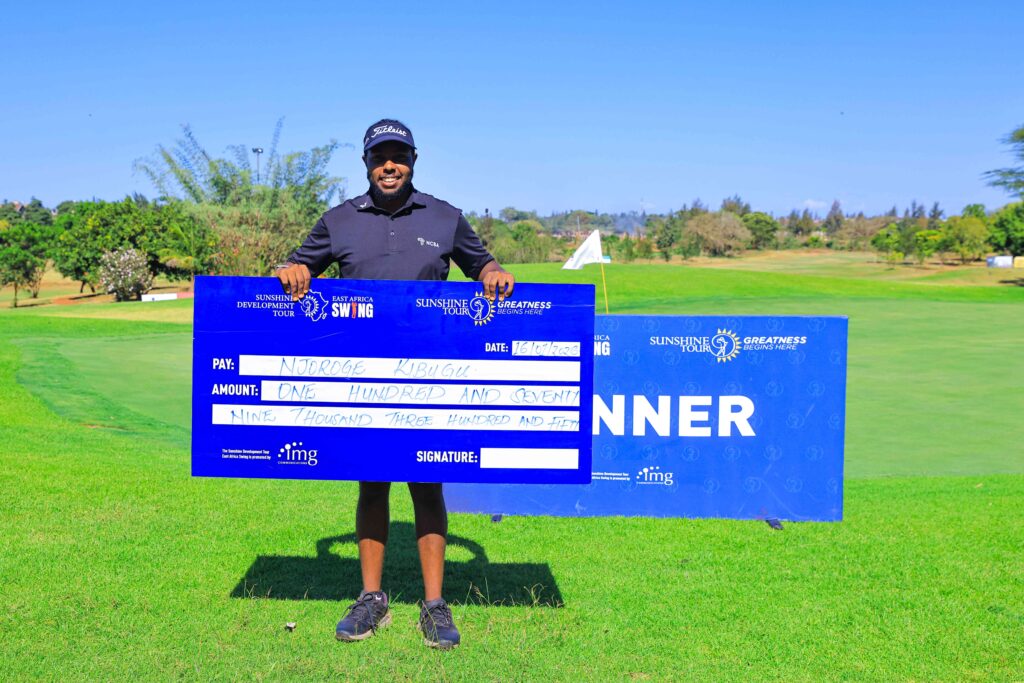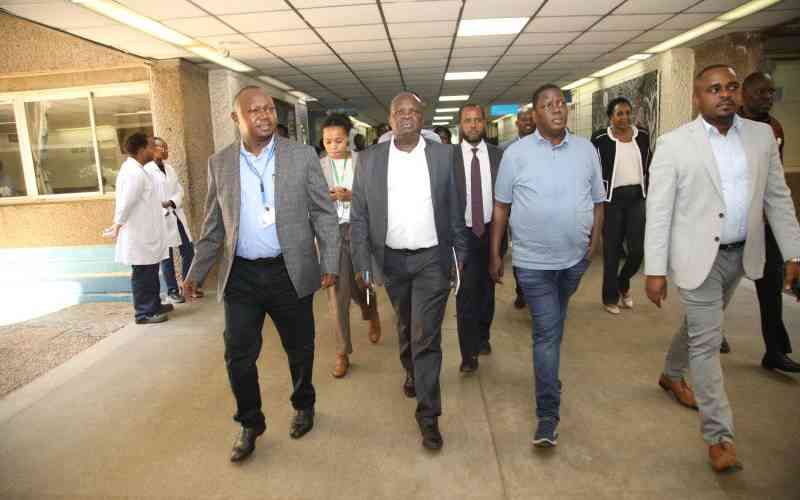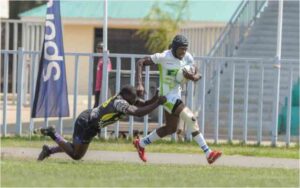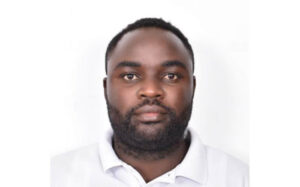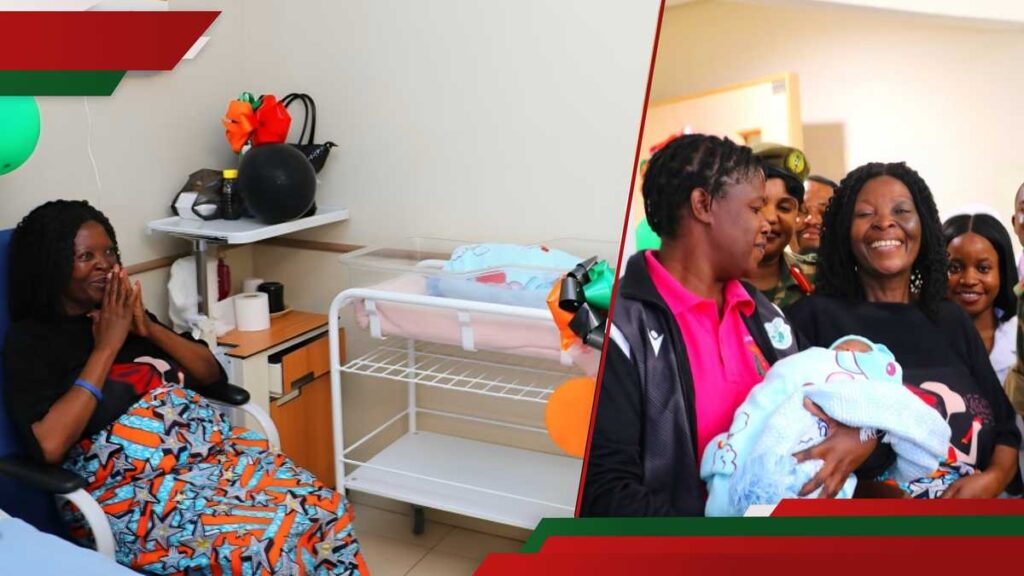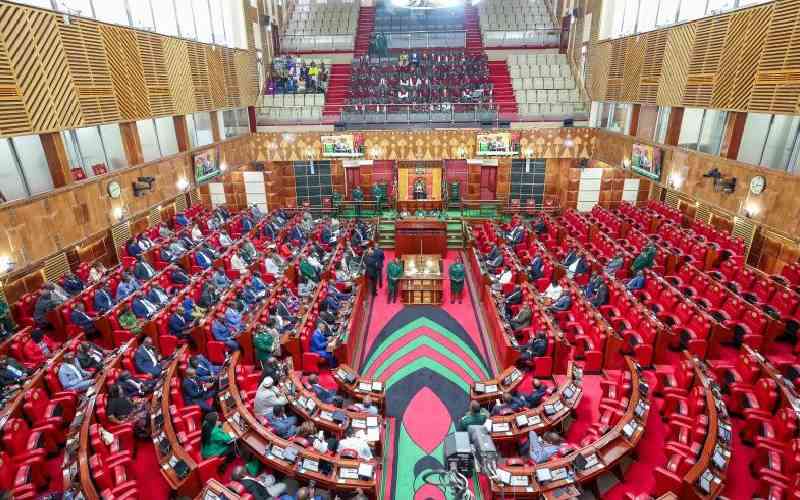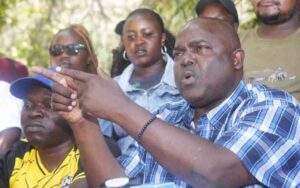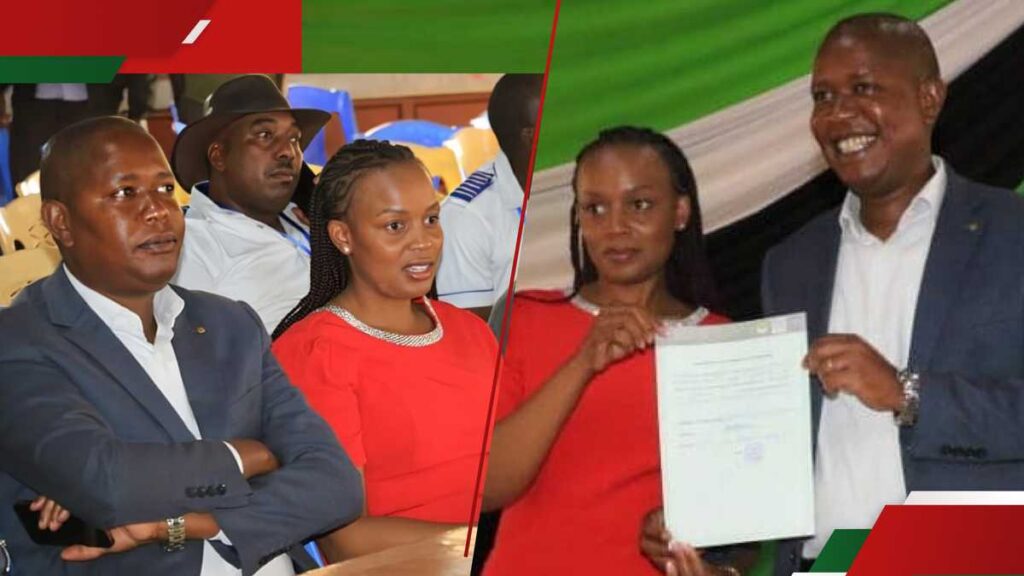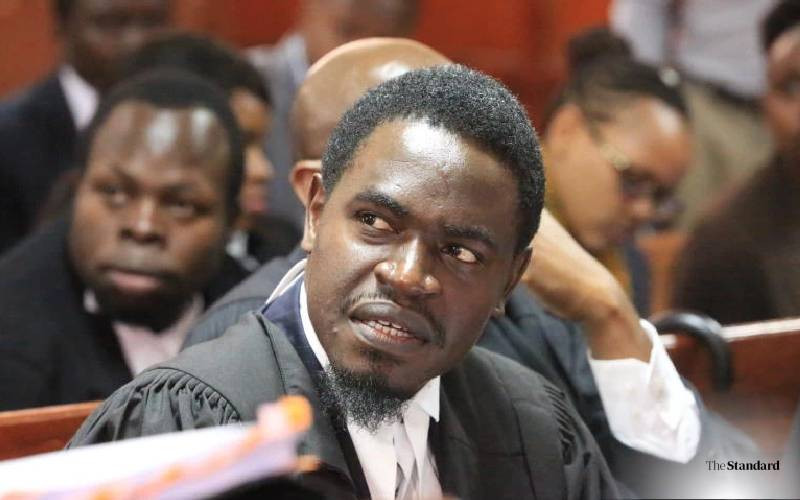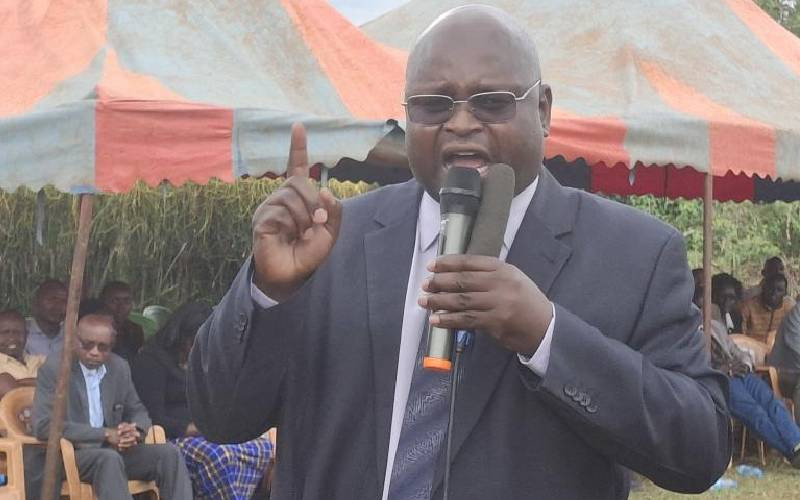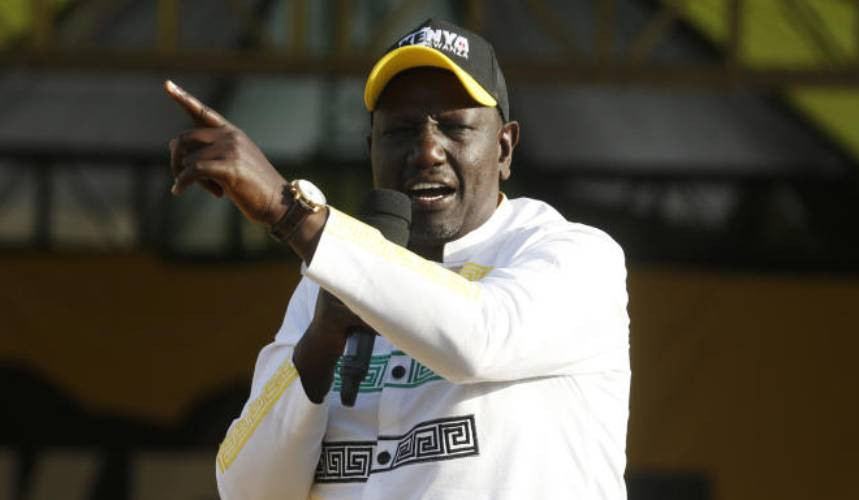Investigations into the brutal murder of Gilbert Kinyua have taken a new turn after the National Assembly’s Departmental Committee on Health urged investigative agencies to consider his former bedmate as a person of interest in the case.
During a fact-finding mission to Kenyatta National Hospital (KNH) last Friday, the committee, chaired by Endebess MP Dr Robert Pukose, learned that Kinyua’s former bedmate in Ward 7B had been diagnosed with diabetes and convulsions. Although he had been treated and discharged, he remained at the hospital after his caregivers refused to take him back, citing his disruptive behaviour.
Dr William Sigilai, representing KNH CEO Dr Evanson Kamuri, informed the committee that the patient in question had been discharged at the time of Kinyua’s death. “He is an old patient and is homeless. He was previously treated for diabetes and convulsions and later discharged to a shelter we secured through one of our partners, as we have several homeless patients. However, after his most recent discharge, his former caregivers refused to take him back due to his disruptive behaviour,” Dr Sigilai said.
The committee was informed that this patient’s fingerprints had been submitted to the National Registration Bureau for identification. However, Seme MP James Nyikal raised concerns over the patient’s mental health, questioning whether the convulsions the man suffered could manifest as convulsive behaviour, where a person acts without remembering their actions. “I am interested in this patient. He has diabetes and convulsions, but what is his mental status?” Nyikal asked.
The circumstances surrounding Kinyua’s tragic murder have raised serious concerns regarding patient safety and hospital security within Kenya’s largest referral facility.
Dr Pukose stated that the committee was generally satisfied with the briefings from the hospital management, but highlighted the need for enhanced security within the hospital.
“There is room for improvement, particularly on the internal front, to enhance security within the hospital. The focus has largely been on external threats, but we must also strengthen internal security to ensure the safety of both patients and staff. That is the key takeaway from our findings,” he said.
He expressed confidence in the progress made by investigative agencies. “We hope they will conclude their investigations soon and ensure that those responsible for his death are arrested and charged in a court of law,” he said.
He further emphasised the importance of allowing the Directorate of Criminal Investigations (DCI) to carry out their work independently, without interference, to ensure impartiality in the findings.
“We are here as Parliament to ensure that the family gets justice and to establish who is responsible for this unfortunate death,” said Dr Pukose.
When the post-mortem was conducted, both government and independent pathologists were present and results were not released to the hospital, but handed over to the DCI for further investigation. Samples were also sent to the government chemist for analysis, he noted. “We believe this is the right course of action, and the hospital has acted promptly,” Dr Pukose added.
The committee recommended improved security measures at KNH, with a particular focus on internal security and routine patient check-ups. “Given that the hospital receives nearly 30,000 visitors daily, it may not be feasible to record every individual, but ensuring that all visitors pass through a screening system will help prevent weapons from being brought in.”
He reiterated that the hospital management had been transparent with the family, sharing all available information and offering continuous support throughout their difficult time.
Stay informed. Subscribe to our newsletter


